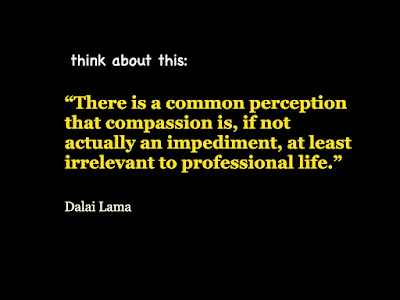Leaders used to tell their employees to leave their problems at the door. Being concerned about an employee’s personal problems was not part of a manager’s job.
· Things change.
· Covid changed everything.
· Today’s leaders are expected
· To practice emotional intelligence.
· Managing people is not like it used to be.
I first heard the term emotional intelligence (EI) while studying organizational behavior at Cornell in the late 60s. It was described as the ability to perceive, control, and evaluate emotions, something managers were advised to steer clear of at work. EI was popularized 25 years later in a best-selling book by science journalist Daniel Goleman – in it he noted the theory comprises five core components: empathy, effective communication or social skills, self-awareness, self-regulation, and motivation. At that time, EI was encouraged in people’s personal lives but still not so much in the workplace. It wasn’t until another 30 years passed that a pandemic punctuated its importance in dealing with a workforce stunned by massive Covid-related business closures and layoffs. That’s when this concept turned management on its ear, creating a huge sea change in the workplace as employees began demanding that leaders showed they cared. While somewhat awkward for managers at first, EI has become a standard employee relations practice. As a professional, be aware of and actively consider your own and your employees’ emotions today.
The 14th Dalai Lama (born 1935: known as Gyalwa Rinpoche to the Tibetan people, he is the highest spiritual leader and former head of the country of Tibet.





No comments:
Post a Comment